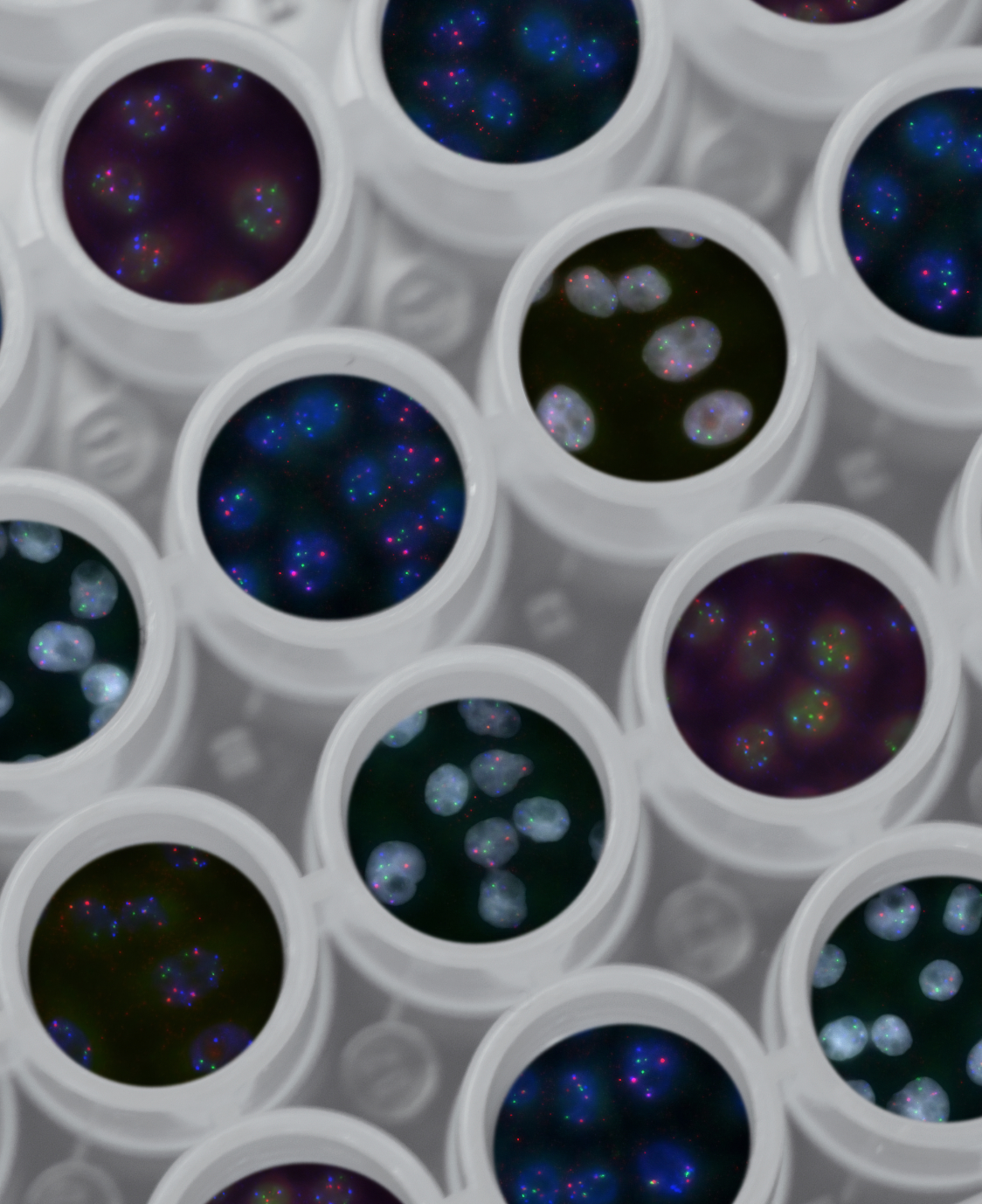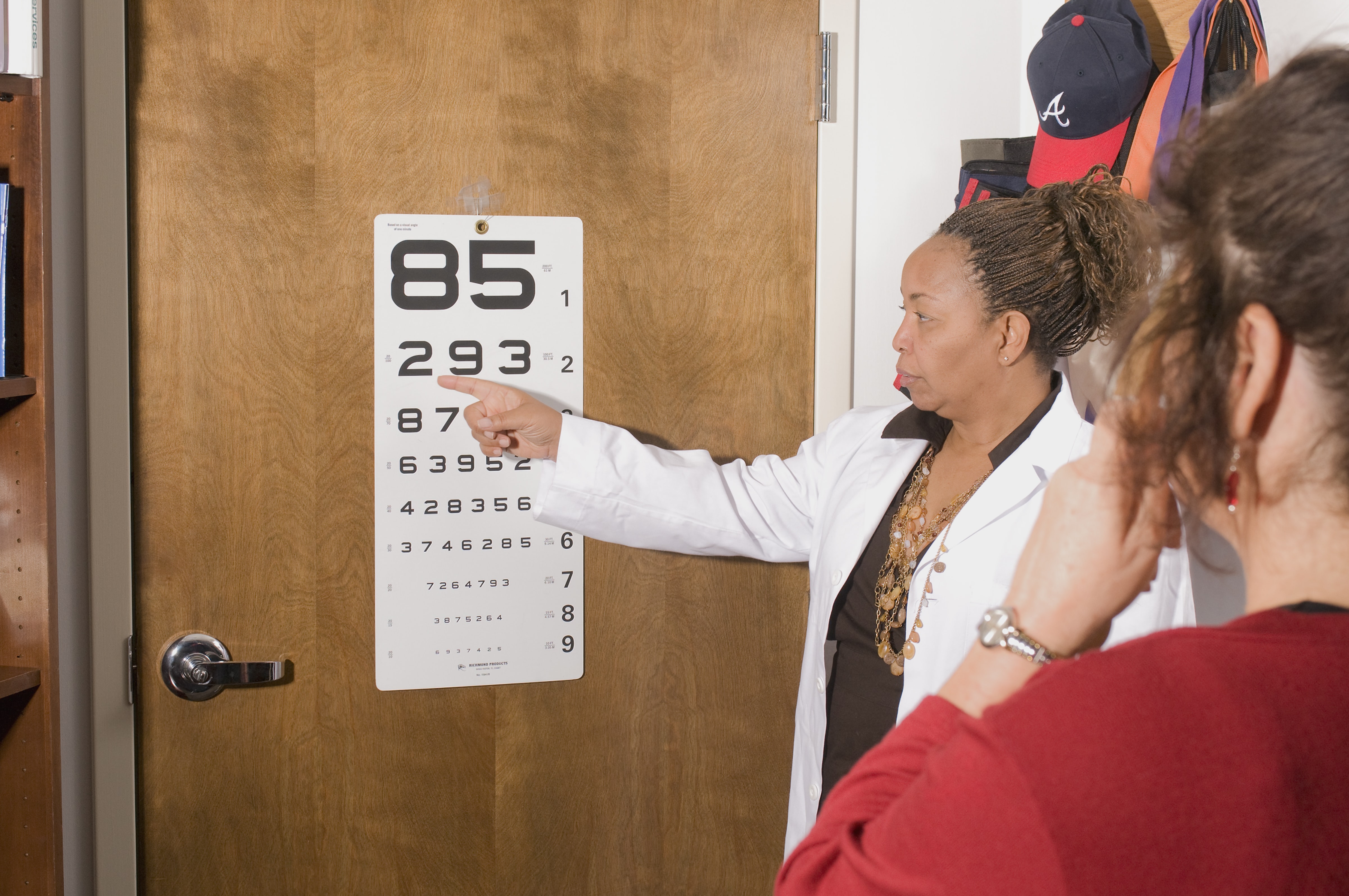Recent
July 23, 2024

Presented by: Yael Joffe, PhD, RD, FACN
In a 2019 poll, 74 percent of practitioners did not know which genetic test to trust. In this presentation, different types of genetic tests in the marketplace will be explored. The basic principles needed to understand these tests will be defined and questions to ask when choosing a genetic testing partner will be identified. By the end of the presentation, attendees will have the insight necessary to evaluate the clinical value genetic tests will offer to patients.
This presentation was recorded at the 2022 Integrative Healthcare Symposium Annual Conference.


Presented by: Neil Skolnik, MD
This presentation will provide an overview of the scientific evidence supporting the utility of exercise in maintaining health and decreasing the risk of chronic diseases including diabetes, hypertension, cancer, coronary heart disease, and depression. In addition, the evidence showing that exercise can mitigate the risk incurred by diseases like diabetes and hypertension will be reviewed. Finally, a practical approach for discussing exercise with patients/clients and helping patients achieve successful outcomes with lifestyle modification will be presented.

The Microbiome: The Link Between Nutrition and Pain

Recently, there is

Medical crises generate feelings of anxiety and loss of control. Recognizing that this vulnerability is occurring in their patients, nurses can use meditation and imagery practices that tap patients’ deeper healing resources. Nurses will learn about these transpersonal resources, and will experience 2 practices that are part of the skill set of transpersonally trained nurses.

Presented by: Steven Feyrer-Melk,
Integrative Medicine is based on a personalized approach that empowers patients and practitioners to collaborate on a path of optimal health. Harnessing the power of Lifestyle Medicine in concert with advancements in health-related technologies is critical for innovative, “whole-person” care. Moreover, in our quest to be forward thinking as well as at the cutting-edge, integrative practitioners must recognize and properly integrate patient-facing technologies, many of which are already in the hands of those with whom we engage.

Presented by: Andrea Beaman, HHC, AADP, Chef
There are many healthful foods and herbs that can support the thyroid and endocrine system, BUT, if they are prepared incorrectly, or they are applied to the wrong condition/constitution of the client, they won’t benefit their healing process. This session covers the various types of foods and herbs that can support the health of the thyroid. The session will also delve deep into the digestive system and how each food and herb should be prepared for optimized digestion and absorption of these substances.

Presented by: Jay Winner, MD, FAAFP
As healthcare providers care for others, they have had their own considerable challenges. Even before the COVID-19 pandemic, far too many have struggled with burnout and the pandemic has made a difficult situation much worse. No matter your current state of wellbeing, this session will review strategies to help you come closer to thriving and flourishing in your practice.

Presented by: Marc Grossman, OD, LAc
The eyes are an external representation of the body’s inner workings. In this session, the physical, psychological, and spiritual aspects of vision conditions are discussed. This presentation will describe the importance of an integrative medicine team approach which combines functional medicine, Chinese medicine, eye exercises, nutrition, herbal medicine, etc. These approaches can help treat eye conditions such as macular degeneration, cataracts, glaucoma, dry eyes, myopia, and more.
This presentation was recorded at the 2022 Integrative Healthcare Symposium Annual Conference.